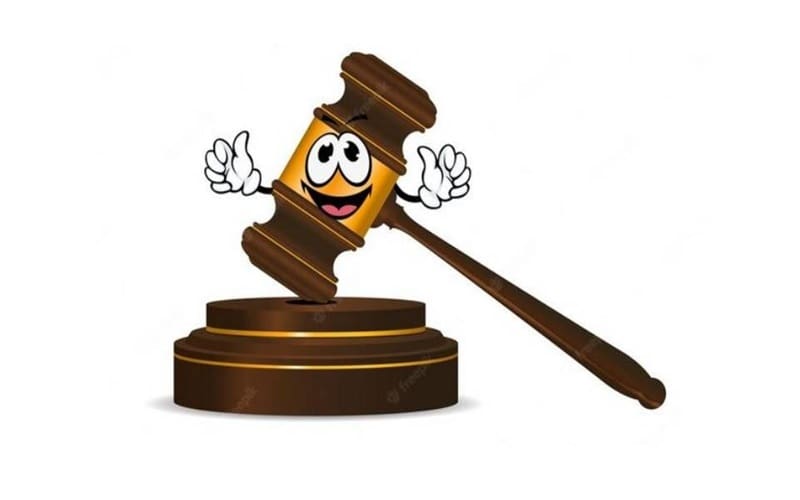The Nepalese government has recently introduced the Social Media Bill 2081, which aims to control how social media platforms operate, are used, and are managed in Nepal. This new law has caused a lot of discussion because of its strict rules and concerns about how it could affect people’s freedom to express themselves online. n this article, we will take a closer look at what the Social Media Bill 2081 is all about and explore why many citizens are unhappy with it.
The Social Media Bill 2081 says that, all social media platforms, including Facebook and X (formerly Twitter), to get official permission to operate in Nepal. This rule applies to individuals, companies, and organizations.
If anyone runs a social media platform without approval, they could be fined up to NPR 2.5 million. Also, any activity that harms Nepal’s security, unity, or national interests could lead to up to five years in prison, a fine of up to NPR 500,000, or both.

The Social Media Bill 2081 outlines several offenses related to social media use, each with specified penalties:
- Cyberbullying (Section 19): Engaging in cyberbullying can result in up to two years in prison, a fine of up to NPR 300,000, or both.
- Cyberstalking (Section 20): Stalking or harassing individuals, groups, or organizations online may lead to up to three years in prison, a fine of up to NPR 500,000, or both.
- Hacking (Section 21): Unauthorized access to someone’s identity or information can incur penalties of up to three years in prison, fines up to NPR 1.5 million, or both.
- Phishing and Impersonation Scams (Section 22): Involvement in phishing or impersonation scams can lead to up to three years in prison, fines up to NPR 1.5 million, or both.
- Sextortion and Extortion (Section 23): Engaging in sextortion or extortion activities may result in up to three years in prison, fines up to NPR 1.5 million, or both.
- Posting Explicit Content (Section 24): Sharing explicit images, videos, or audio can lead to up to three months in prison, fines up to NPR 50,000, or both.
- Spreading Obscene, False, or Misleading Content (Section 25): Disseminating such content can result in up to two years in prison, fines up to NPR 300,000, or both.
- Uploading or Distributing Deepfake Videos (Section 26): Involvement in creating or sharing deepfake videos can lead to up to two years in prison, fines up to NPR 300,000, or both.
- Anonymous Activity on Social Media (Section 27): Creating or using pseudonymous accounts may result in up to three months in prison, fines up to NPR 50,000, or both. Operating fake groups, pages, or IDs to spread misinformation harmful to Nepal’s sovereignty or national interests can lead to up to five years in prison, fines up to NPR 1.5 million, or both.
The Social Media Bill 2081 also proposes enhanced penalties for repeat offenders, public officials, and those using children to commit offenses. Repeat offenders may face double the penalties, public officials could see a 50% increase in penalties, and using children in offenses may result in an additional year of imprisonment.
Government’s Perspective
Minister for Communication and Information Technology, Prithvi Subba Gurung, has said that the Social Media Bill 2081 is meant to protect national unity, sovereignty, and independence. He assured that the goal is to regulate and organize social media, not to control it. According to him, the bill respects democracy and press freedom while ensuring that social media is used responsibly.

Public Concerns and Criticisms
Even though the government has assured people about the bill, it has still faced a lot of criticism. Many believe that some of its rules give too much control over social media and limit people’s freedom of speech. Critics worry that it could be used to punish those who express their opinions online.
The Rastriya Swatantra Party (RSP) has strongly opposed the Social Media Bill 2081, demanding its withdrawal. They argue that it takes away the right to free speech, makes criticizing the government a punishable act, and limits people’s freedom. According to them, the bill is unfair and goes against democratic values.
Balancing Regulation and Freedom
The government wants to regulate social media to stop misuse and protect the country. This is important, but it should not take away people’s basic rights. It is necessary to find a balance between keeping the nation safe and allowing people to express themselves freely. As the bill is discussed in parliament, we hope leaders will listen to concerns and make fair laws that protect both the country and its people.
In short, the Social Media Bill 2081 is an important step in managing online platforms in Nepal. However, since it affects people’s rights, it should be applied carefully. The law should not stop free speech or limit democracy.
#People #Concerned